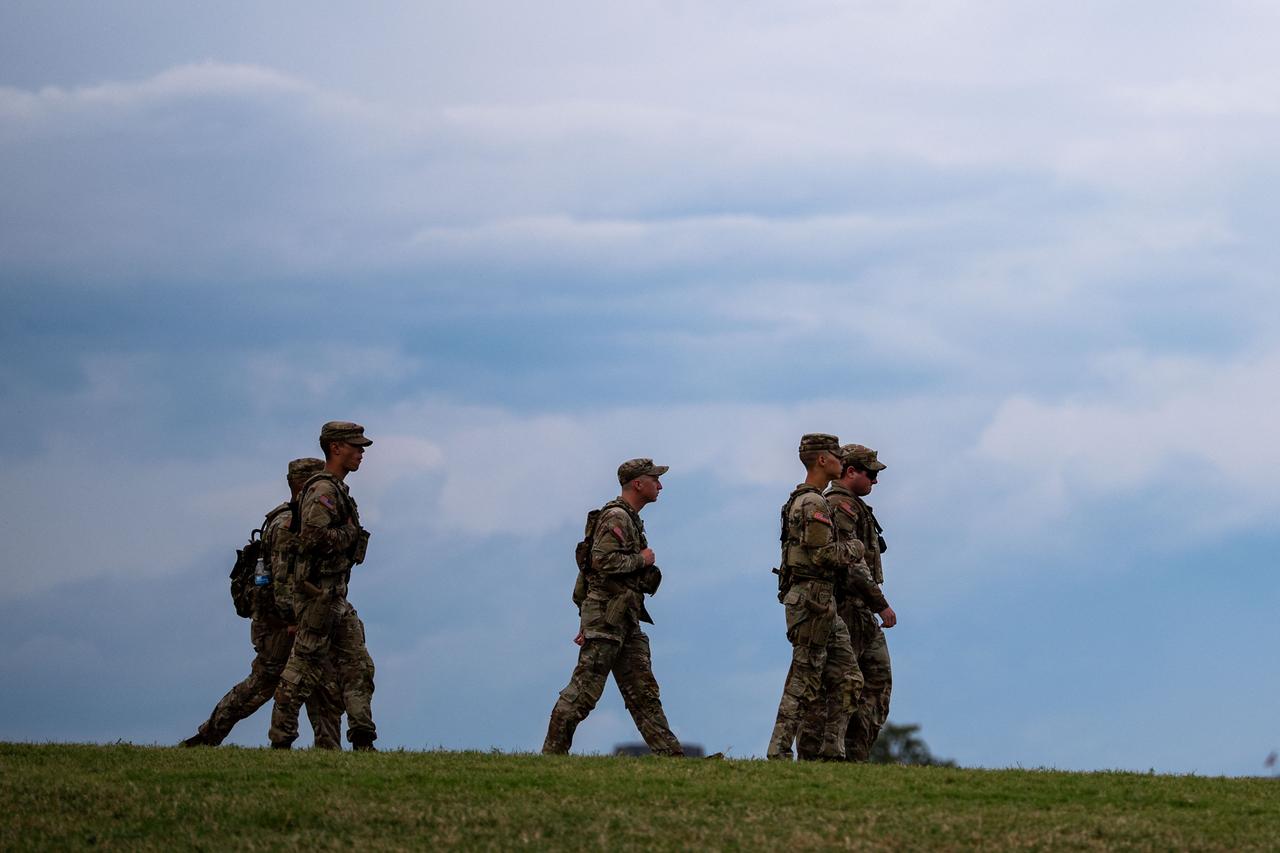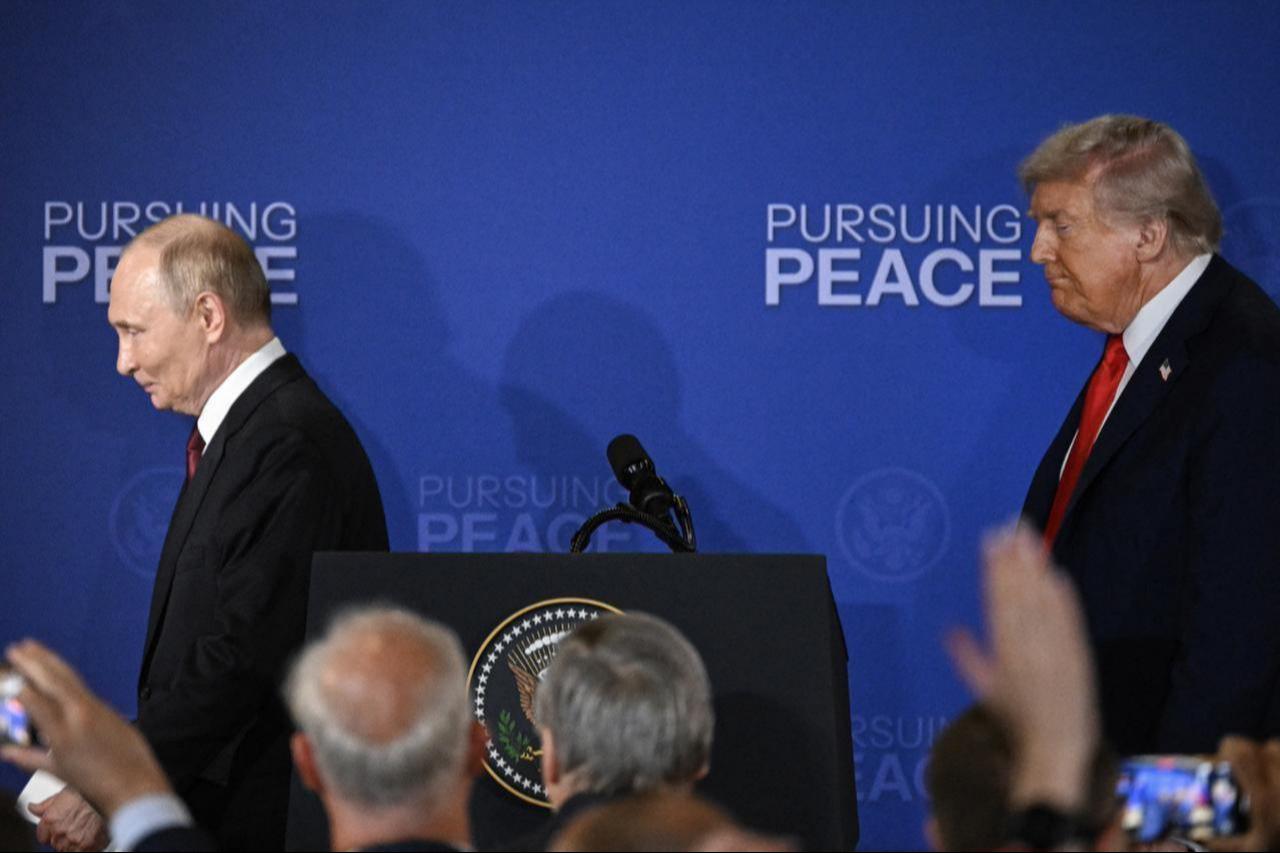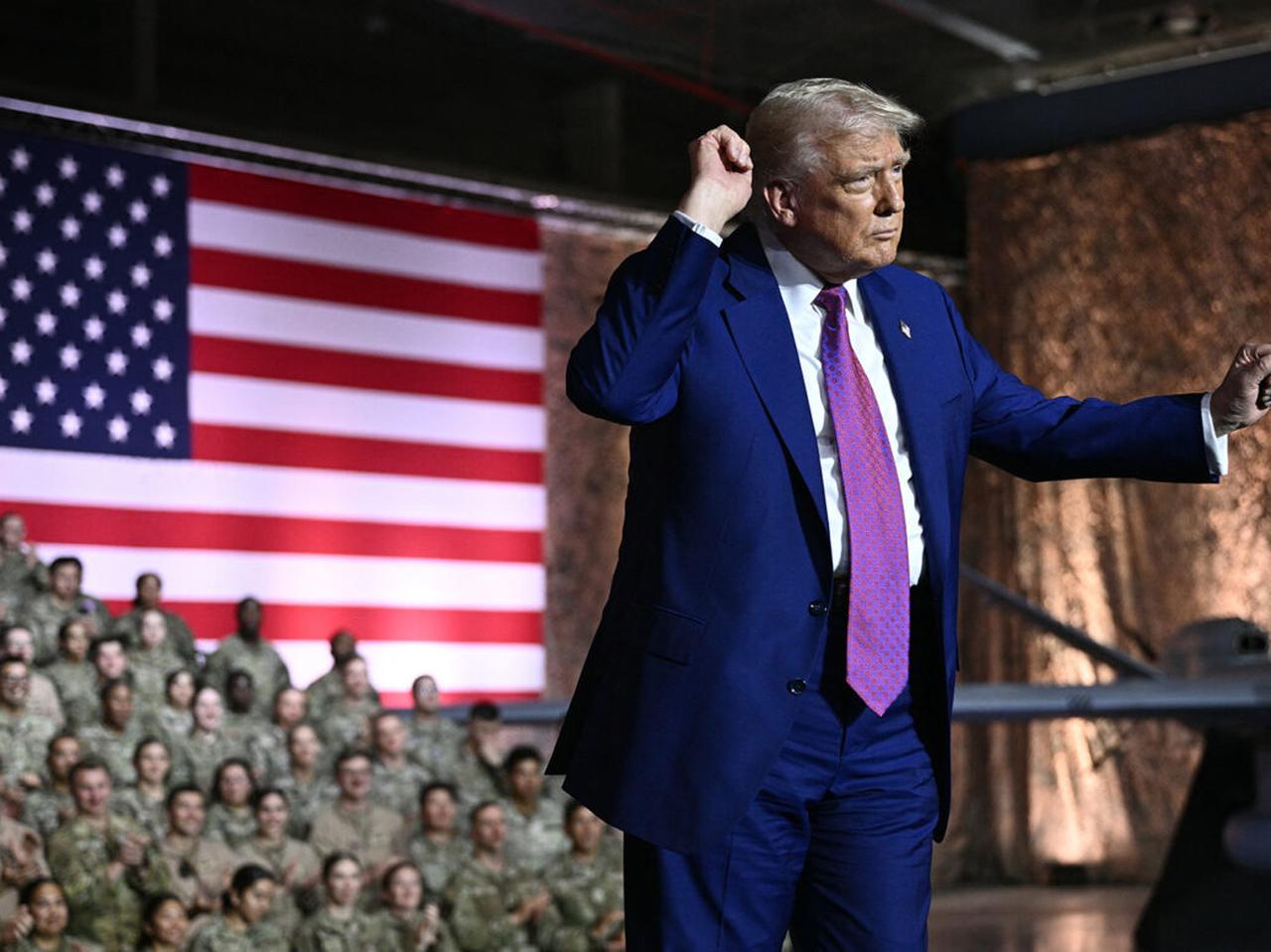
The Trump administration plans to terminate longtime security assistance programs for Europe, including initiatives to fortify the continent's eastern flank against potential Russian attacks, affecting hundreds of millions of dollars in military aid to NATO's most vulnerable members, according to six people familiar with the matter speaking to the Washington Post on Thursday. An earlier account of the decision appeared in the Financial Times.
The decision has reportedly alarmed U.S. allies struggling to understand the administration's Europe policy and its approach toward the Kremlin after President Donald Trump, seeking a deal to end Russia's war in Ukraine, rescued Russian President Vladimir Putin from diplomatic isolation, sources said.

The Baltic Security Initiative, which began in 2018 to reinforce Estonia, Lithuania and Latvia with funding for military infrastructure and training, is among the programs facing suspension.
The Senate Appropriations Committee passed $225 million for the initiative this summer, though the legislation has yet to come up for a full vote.
"The Russians genuinely only care about American dollars, American troops and the American flag," said a European official who spoke on condition of anonymity, expressing concern about what signal the cuts would send to Moscow.
David Baker, the Pentagon's head of Europe and NATO policy, informed European defense officials of the decision late last week, attributing the change to shifting priorities within the administration, people familiar with the matter said to WP.
The White House said in a statement that the move to slash security assistance was "coordinated" with Europeans and consistent with Trump's executive order to reevaluate U.S. foreign aid and his "long-standing emphasis on ensuring Europe takes more responsibility for its own defense."
"Europe has been stepping up," the White House statement said. "We are pleased with European allies taking on more defense initiatives."
The plan reflects the Trump administration's "America First" foreign policy approach, aimed at reducing foreign aid and ensuring European allies shoulder a greater share of NATO defense spending.
U.S. officials said increased attention to border security, homeland defense and deterring China in the Pacific are primary reasons for ending European security funding.
Baker is closely aligned with Pentagon policy chief Elbridge Colby, who has long argued that the United States cannot sustain its current level of support for Europe while doubling down on efforts to deter China in the Pacific.

U.S. Defense Secretary Pete Hegseth sent mixed signals when he met with Baltic nation leaders in July, commending their push to raise defense spending. Behind the scenes, however, the Defense Department's policy office has been aggressive in its efforts to end certain support programs, multiple people familiar with the matter speaking to WP said.
"It's to prevent the U.S. from ever going there to fight to fulfill its NATO obligations," said Lauren Speranza, a former adviser to Defense Secretary Lloyd Austin and now a fellow with the Center for European Policy Analysis, referring to the Baltic Security Initiative.
The House and Senate could move to protect the programs in the National Defense Authorization Act, the must-pass defense policy bill that will soon come up for a full vote in each chamber.
Trump has vacillated in his approach to Europe amid the Ukraine conflict, exhibiting both frustration and warmth toward Putin while endorsing plans to support Kyiv through American weapons sales and security guarantees.
During a visit by Poland's president to the White House, Trump said the United States would not remove troops from the country, though he acknowledged the administration has thought about doing so elsewhere.
"If anything," Trump said, "we'll put more there."